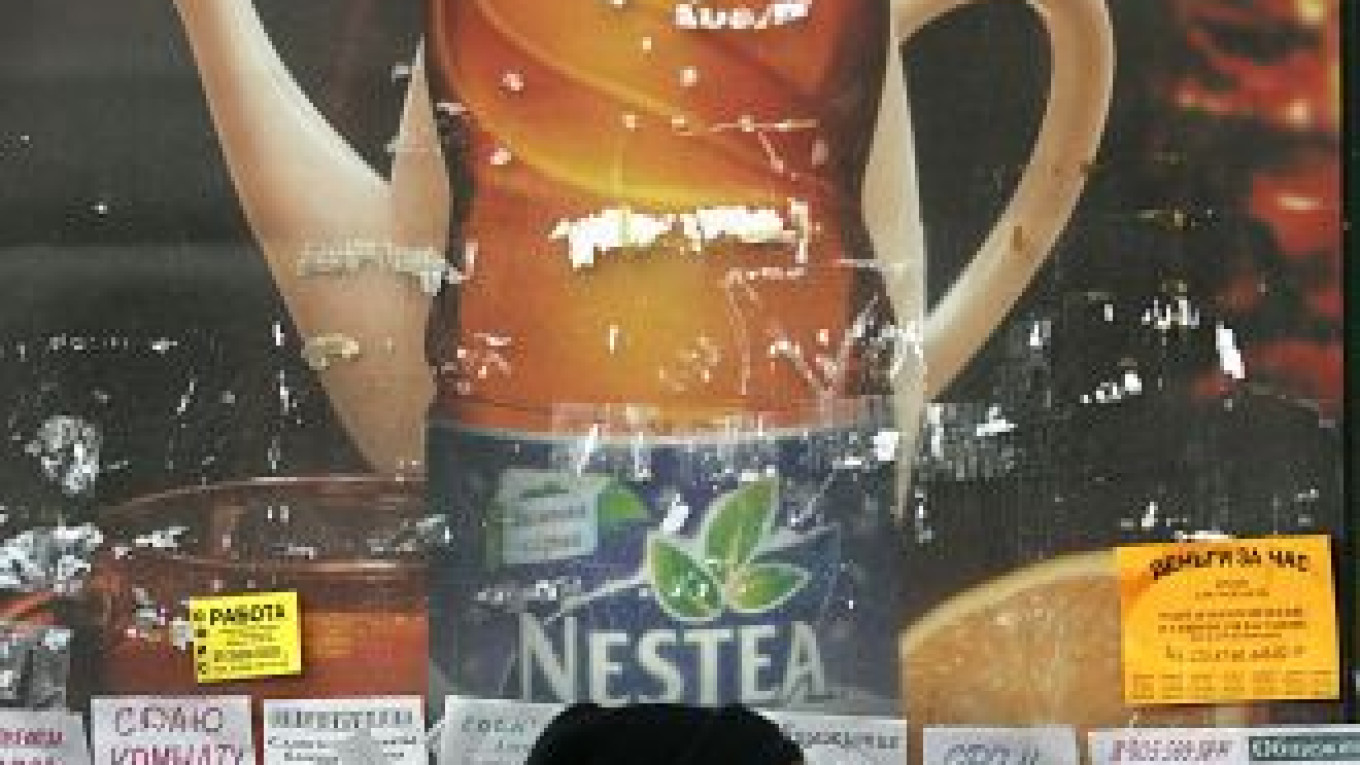Tax officials are seeking the liquidation of a Nestle-owned confectionery plant in the Samara region, one of the country’s largest candy makers, after the ruble devaluation left them with full-year 2008 losses.
Last week, the Samara Region Arbitration Court began hearing a suit filed by a local branch of the tax service against the Rossia factory. Spokespeople for the tax service and the court were unable to answer Vedomosti’s questions Monday, while Nestle declined to comment on the nature of the claims.
Judging from comments by Rossia director Pavel Rudas, released through Nestle, it would appear that the tax officials are demanding the company’s liquidation because in 2008 the value of its net assets fell below the minimum size of the company’s charter capital.
According to the SPARK database, Rossia had a 2008 loss of 237.9 million rubles ($8.2 million), and net assets of negative 112.4 million rubles.
Rudas attributed the losses in 2008 and early 2009 to the sharp increases of the dollar and euro relative to the ruble. Since the company buys large quantities of cocoa beans to produce chocolate, the ruble devaluation necessarily took a heavy toll, he said.
Negative financial results for a year cannot be used to force liquidation, he said. “According to the law on joint-stock companies, liquidation is possible after the value of a company’s net assets is less than the size of its minimum charter capital for several consecutive fiscal years,” Rudas said in the statement.
Andrei Bader, a spokesman for Rossia, declined to put a figure on the tax service’s claims or speculate on his company’s chances in court. The court on Friday did not rule on the case, a Nestle spokesperson told Vedomosti. The next hearing is on Dec. 18.
Nestle is the world’s largest food maker, with first-half profit of $4.7 billion, down 2.8 percent year on year. The company has been in Russia since 1995.
According to Business Analytica, Nestle had 15 percent of the local chocolate market by value in the first eight months of 2009. Mars had 16 percent, while the leader was United Confectionery Manufacturers, with 21 percent.
The possible liquidation has caused concern for the Samara regional government, a source there said. “Naturally, no one wants to see the factory liquidated,” the official said.
According to data from the Samara Region Arbitration Court, local tax officials have filed more than 20 suits since last year seeking the liquidation of firms with negative net assets. Most were limited liability companies whose net assets were anywhere from minus 6,000 rubles ($210) to minus 400,000 rubles. Rulings were made in 10 of the cases, with the tax service’s requests approved in half.
In cases where the company proved in court that it intended to resolve the situation, the court ruled against the tax service. Judges cited Article 99 of the Civil Code and Article 25 of the law on joint-stock companies, which allow owners time to improve a company’s financial situation before liquidation.
Olga Snitserova, a corporate lawyer at Sameta, said that until recently, it was uncommon to seek liquidation of firms with negative net assets. She said the case may have been motivated by local tax officials trying to meet a quota.
A Message from The Moscow Times:
Dear readers,
We are facing unprecedented challenges. Russia's Prosecutor General's Office has designated The Moscow Times as an "undesirable" organization, criminalizing our work and putting our staff at risk of prosecution. This follows our earlier unjust labeling as a "foreign agent."
These actions are direct attempts to silence independent journalism in Russia. The authorities claim our work "discredits the decisions of the Russian leadership." We see things differently: we strive to provide accurate, unbiased reporting on Russia.
We, the journalists of The Moscow Times, refuse to be silenced. But to continue our work, we need your help.
Your support, no matter how small, makes a world of difference. If you can, please support us monthly starting from just $2. It's quick to set up, and every contribution makes a significant impact.
By supporting The Moscow Times, you're defending open, independent journalism in the face of repression. Thank you for standing with us.
Remind me later.


